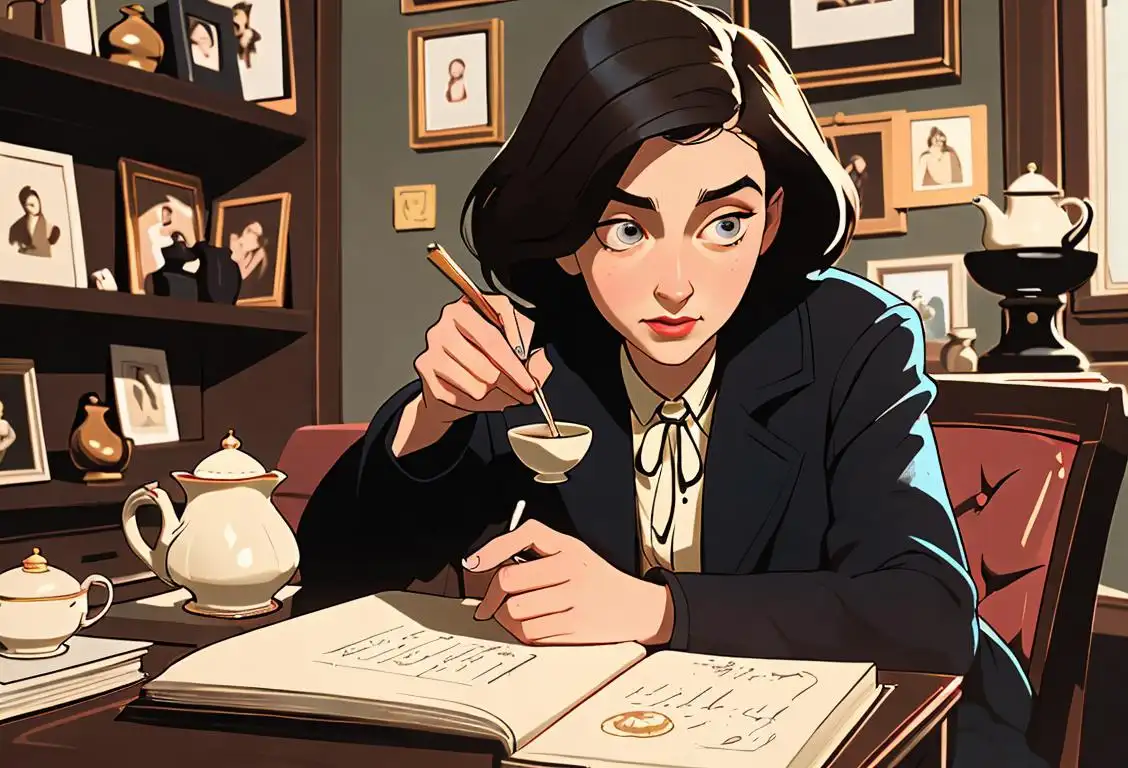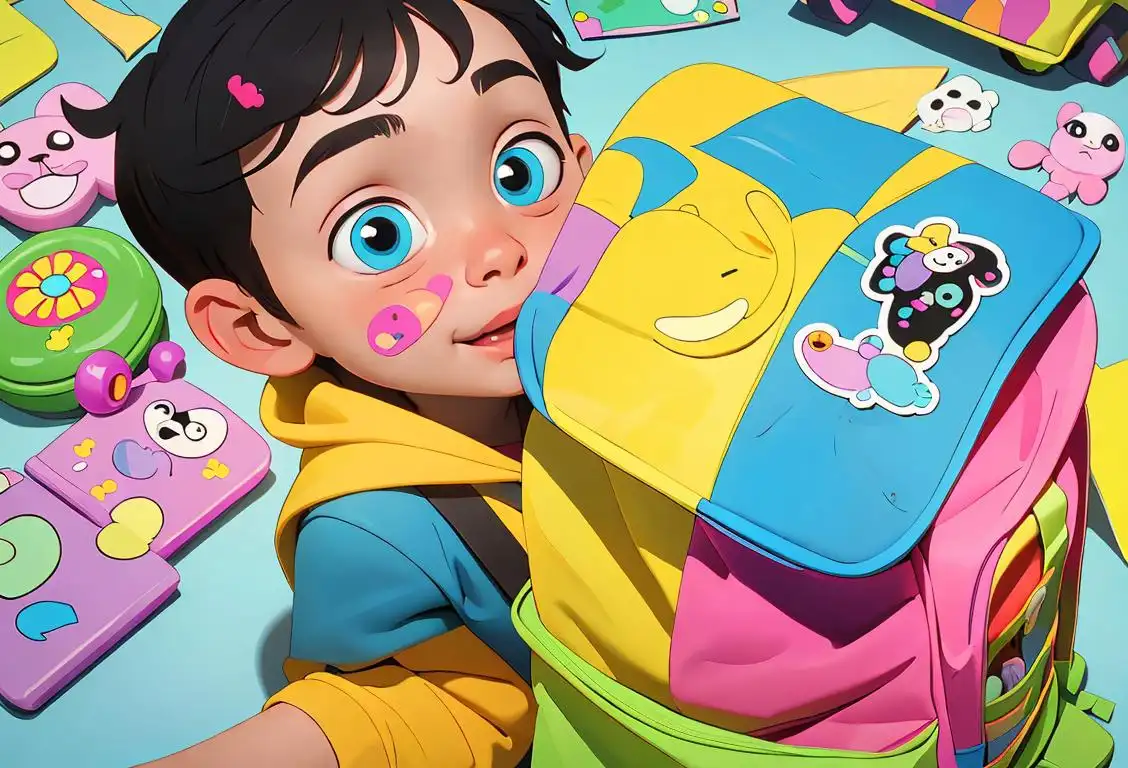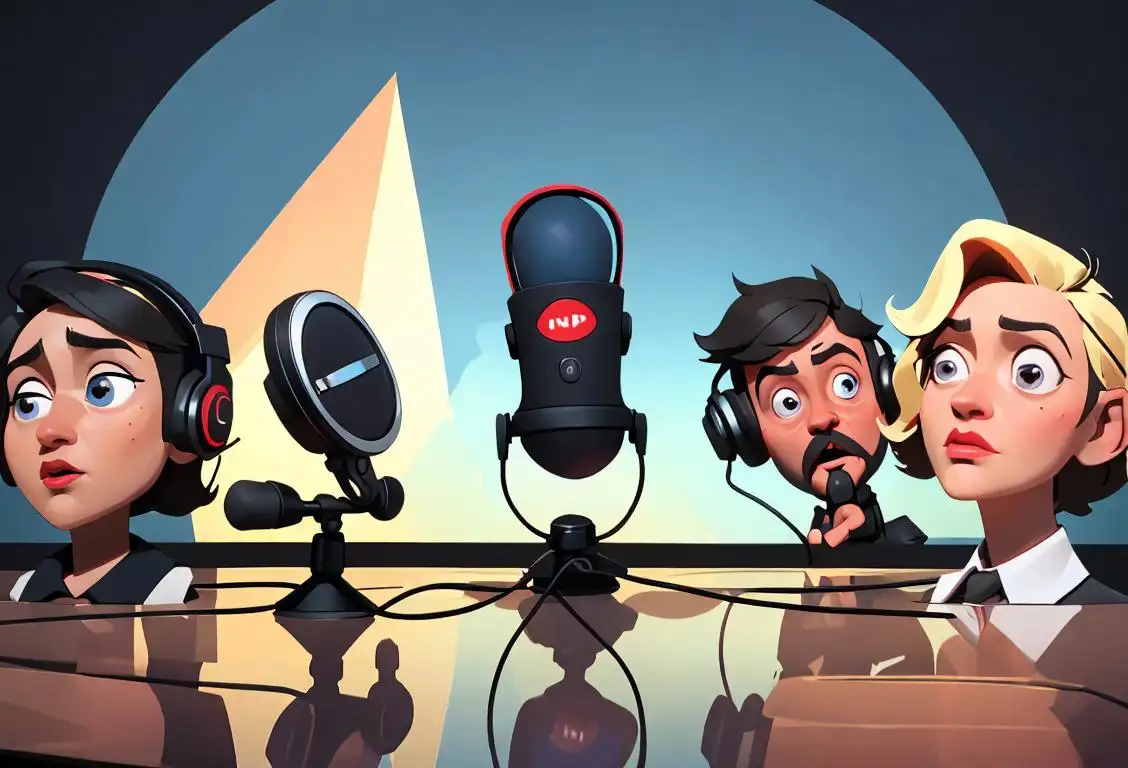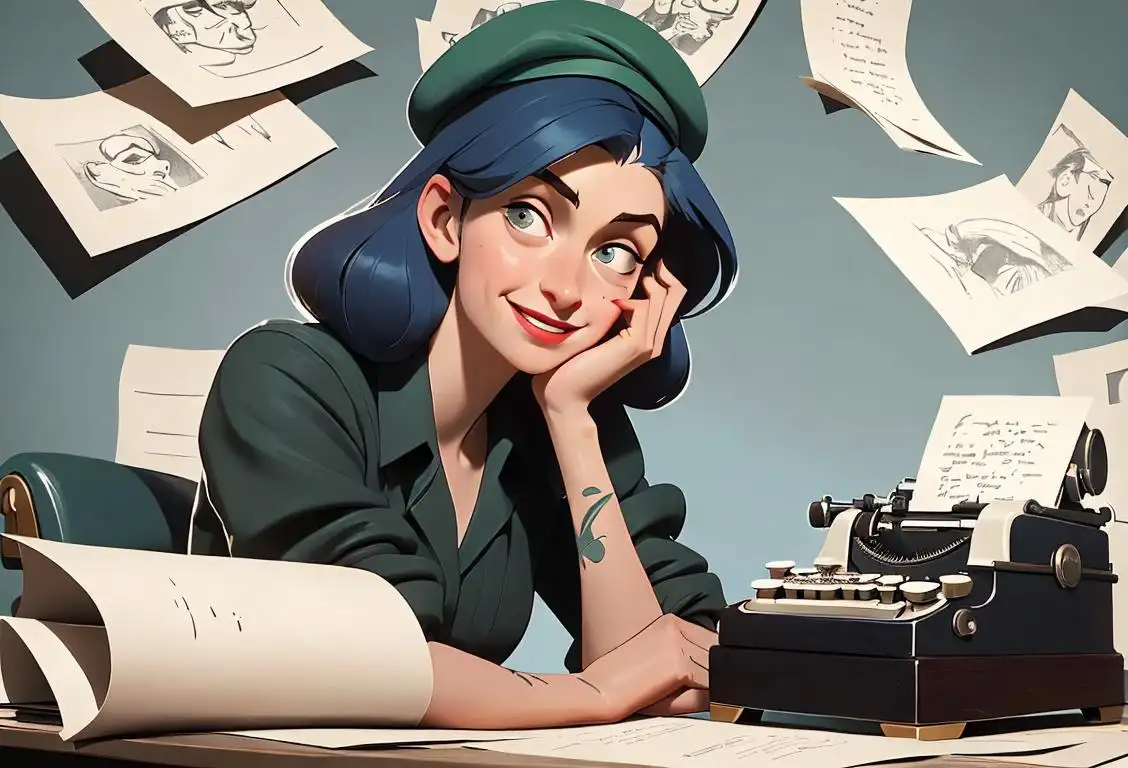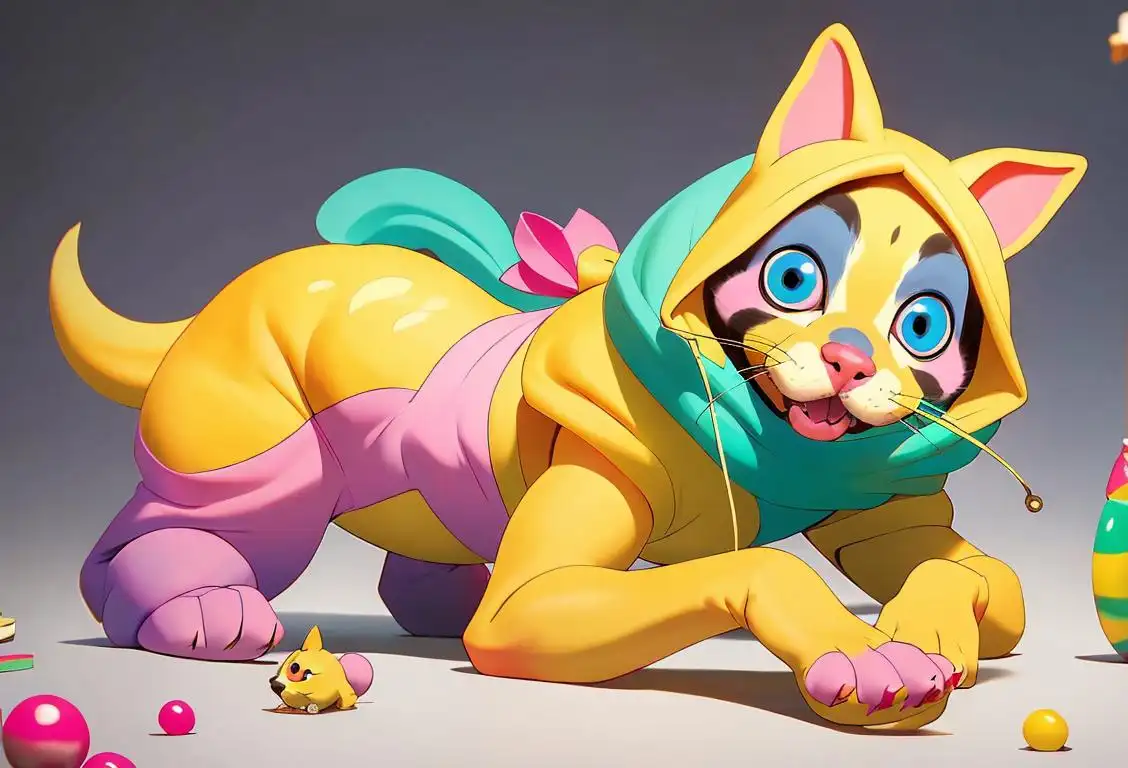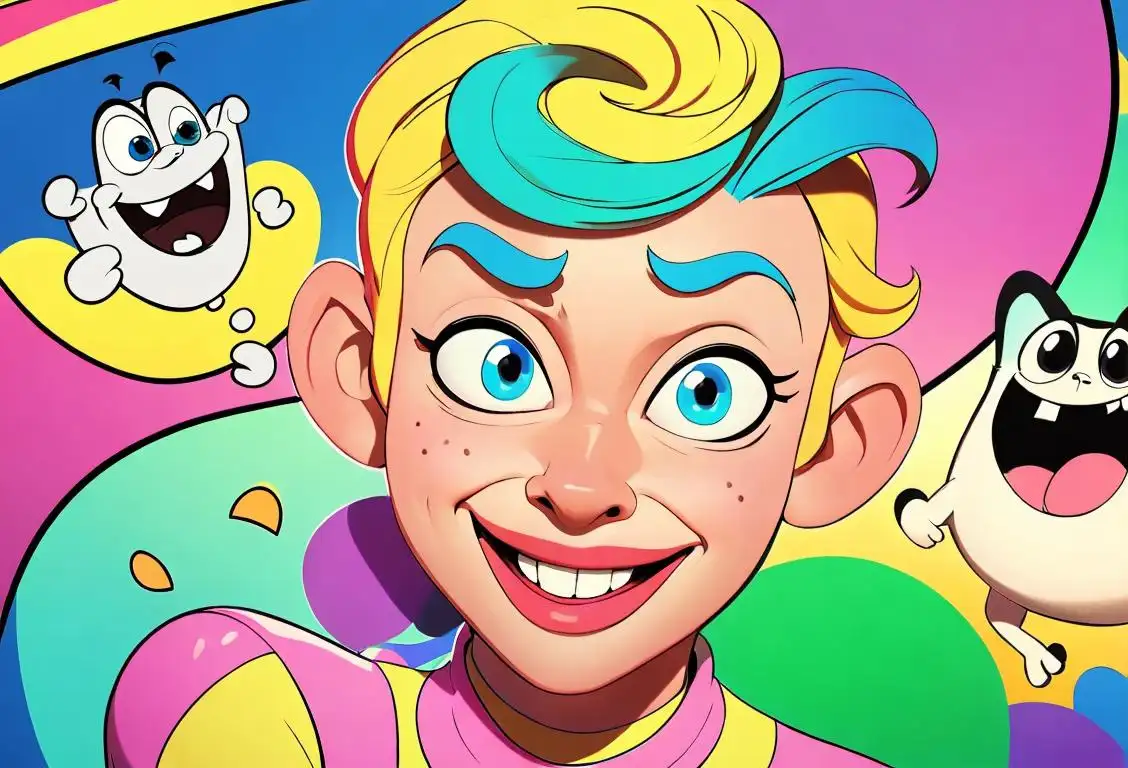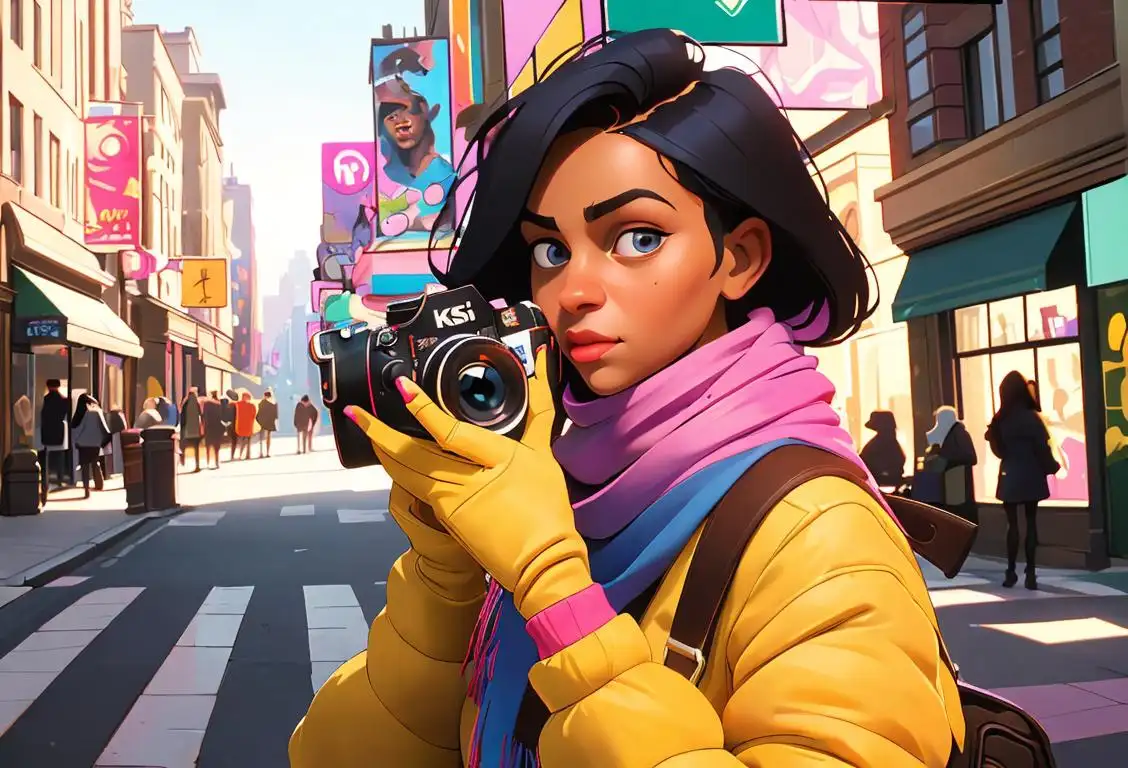National Bad Poetry Day
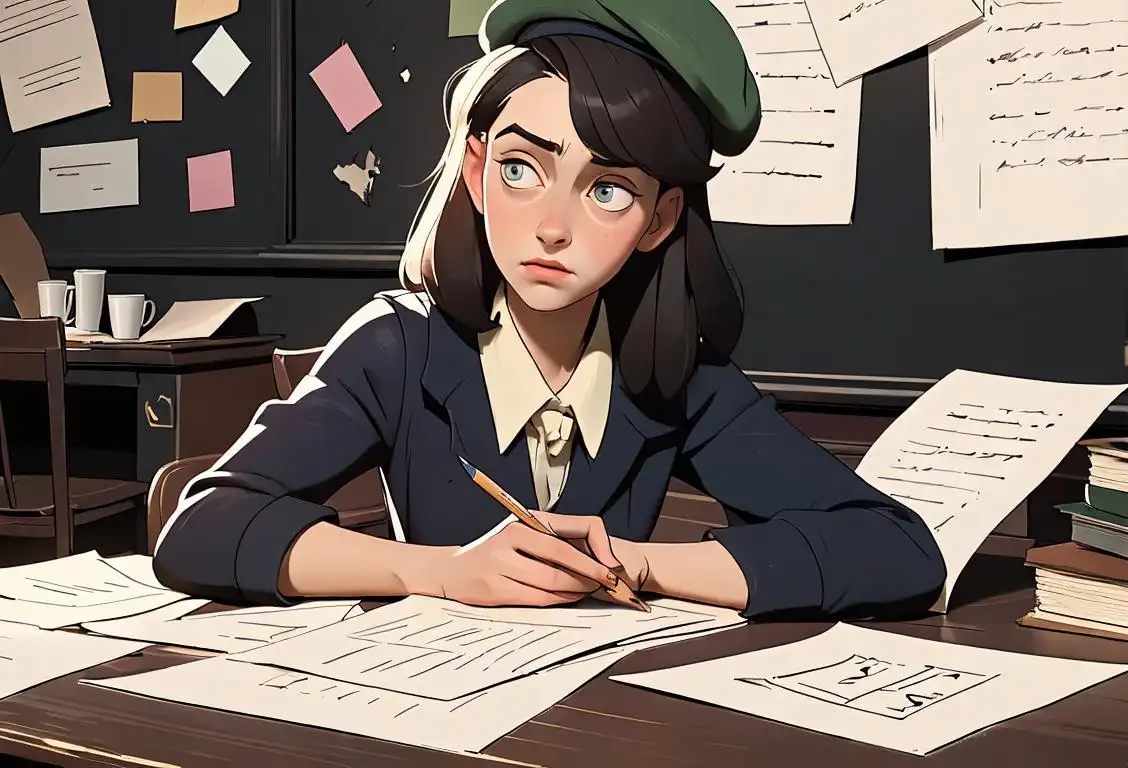
Welcome to the wonderfully wacky world of National Bad Poetry Day! Take a deep breath, find your inner poet, and prepare for a day filled with terrible rhymes, awful metaphors, and mind-bogglingly bad poetry. This quirky national day celebrates the beauty of creative expression, even if it's hilariously bad. So grab your pen and paper, embrace your lack of poetic talent, and let's dive into the wonderful world of bad poetry!
When is Bad Poetry Day?
It's national bad poetry day on the 18th August.
The Origins of Bad Poetry Day
Believe it or not, Bad Poetry Day actually has its roots in the age-old tradition of 'Poetry Slam' events. These events were popularized in the 1980s as a way for aspiring poets to showcase their work in a competitive, yet light-hearted environment. Over time, some brave (or perhaps delusional) poets decided to flip the script and intentionally craft terrible poems that would make audiences cringe and laugh uncontrollably. And thus, Bad Poetry Day was born!
Since then, Bad Poetry Day has gained popularity on the internet, with people from all walks of life sharing their most cringe-worthy verses and indulging in the joy of poetic failure. Social media platforms and online communities have become virtual stages where people can unleash their hilariously bad verses, providing endless entertainment and laughter for all.
Celebrating Bad Poetry Day
On Bad Poetry Day, the world becomes a poetry playground for those who lack the poetic finesse of Shakespeare or Frost. It's a day where you can experiment with quirky rhymes, embrace grammatical errors, and stretch your creativity to the limits. Don't be shy! Share your bad poems with friends, family, and even the cyberspace community. Who knows, they might just become a cult favorite!
To make your Bad Poetry Day extra special, organize a poetry gathering with friends or colleagues. Create a 'Bad Poetry Open Mic' event where everyone can take turns reciting their cringe-worthy poems. Remember, the more awful the verse, the bigger the laughs! You can even hold a light-hearted competition to crown the 'Worst Poet of the Day,' complete with an absurd trophy for the winner.
A Fun Fact About Bad Poetry Day
Did you know that one of the most famous examples of bad poetry is the poem 'The Purple Cow' by Gelett Burgess? This iconic piece of verse was written in 1895 and has since become a prime example of intentionally bad poetry. With lines like 'I never saw a purple cow, I never hope to see one,' it's impossible not to crack a smile.
History behind the term 'Bad Poetry'
1820
The birth of bad poetry.
Bad poetry has been around for centuries, but its significance as a term gained momentum in the early 19th century. It was during this time that the term 'bad poetry' started to be used to describe poorly composed or poorly executed verses. People began to recognize the stark contrast between good poetry, which was celebrated for its artistry and eloquence, and bad poetry, which was often ridiculed for its lack of skill and creativity.
1865
The rise of literary critiques.
In the mid-19th century, literary critics began to emerge as prominent figures in the literary world. These critics played a crucial role in evaluating and analyzing different forms of literature, including poetry. As part of their discourse, they started to distinguish between good and bad poetry, pointing out the flaws and shortcomings in poorly written verses. This helped in further establishing 'bad poetry' as a term commonly used in literary circles.
1920
The birth of parody and satire.
The early 20th century witnessed a rise in parody and satire as popular forms of literary expression. Satirical magazines and publications started using bad poetry as a subject of mockery and amusement. By intentionally crafting poorly written verses, writers aimed to entertain readers by highlighting the clichés, melodrama, and lack of originality often associated with bad poetry. This led to an increased public awareness and recognition of bad poetry as a distinct literary genre.
1950
The Beat Generation's unconventional approach.
The Beat Generation, a literary and cultural movement that emerged in the 1950s, challenged traditional notions of poetry and embraced a more experimental and unconventional style. While their works were not categorized as 'bad poetry' per se, their disregard for established poetic rules and their rejection of mainstream sensibilities blurred the boundaries between good and bad poetry. This further pushed the boundaries of what poetry could be, expanding perspectives on the art form.
1990
Bad poetry in the digital age.
With the advent of the internet and social media, bad poetry found a new platform for expression. Online communities and forums emerged where individuals could share their humorous and deliberately poorly written verses. This created a space for creativity and self-expression, challenging traditional notions of what constitutes 'good' or 'bad' poetry. The accessibility of the internet also allowed for a wider audience to engage with bad poetry and participate in the ongoing conversation surrounding its appreciation and critique.
Did you know?
Did you know that one of the most famous examples of bad poetry is the poem 'The Purple Cow' by Gelett Burgess?Tagged
fun internet creative poetryFirst identified
18th August 2015Most mentioned on
18th August 2015Total mentions
1131Other days
Bad Poetry Day
Talk About Yourself In The Third Person Day
Sticker Day
Podcast Day
Dress Like Your Inner Hoe Day
Limerick Day
Send Me Pictures Of Ur Pets Wearing Costumes Day
Cartoonist Day
Friend Day
Ksi Day
